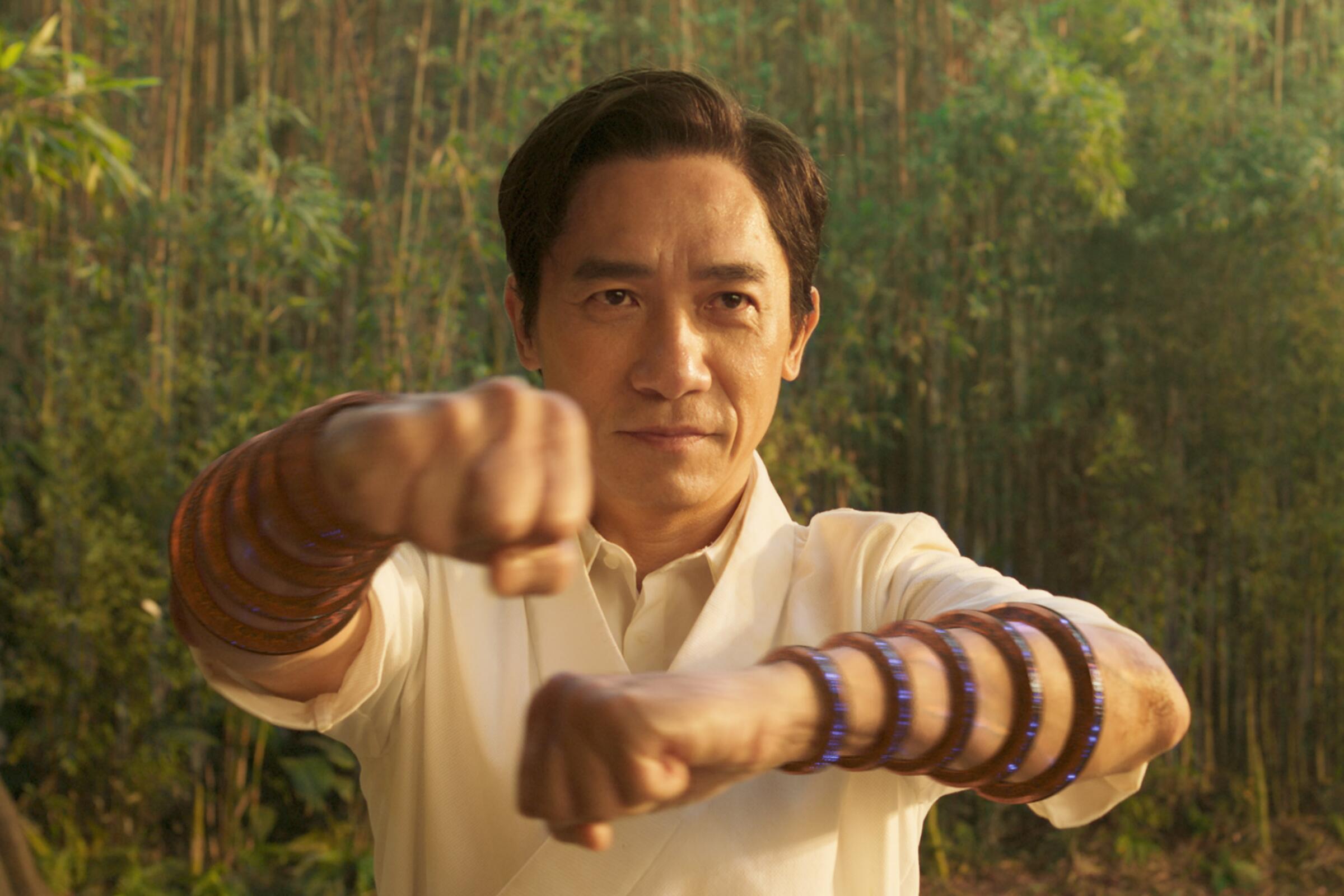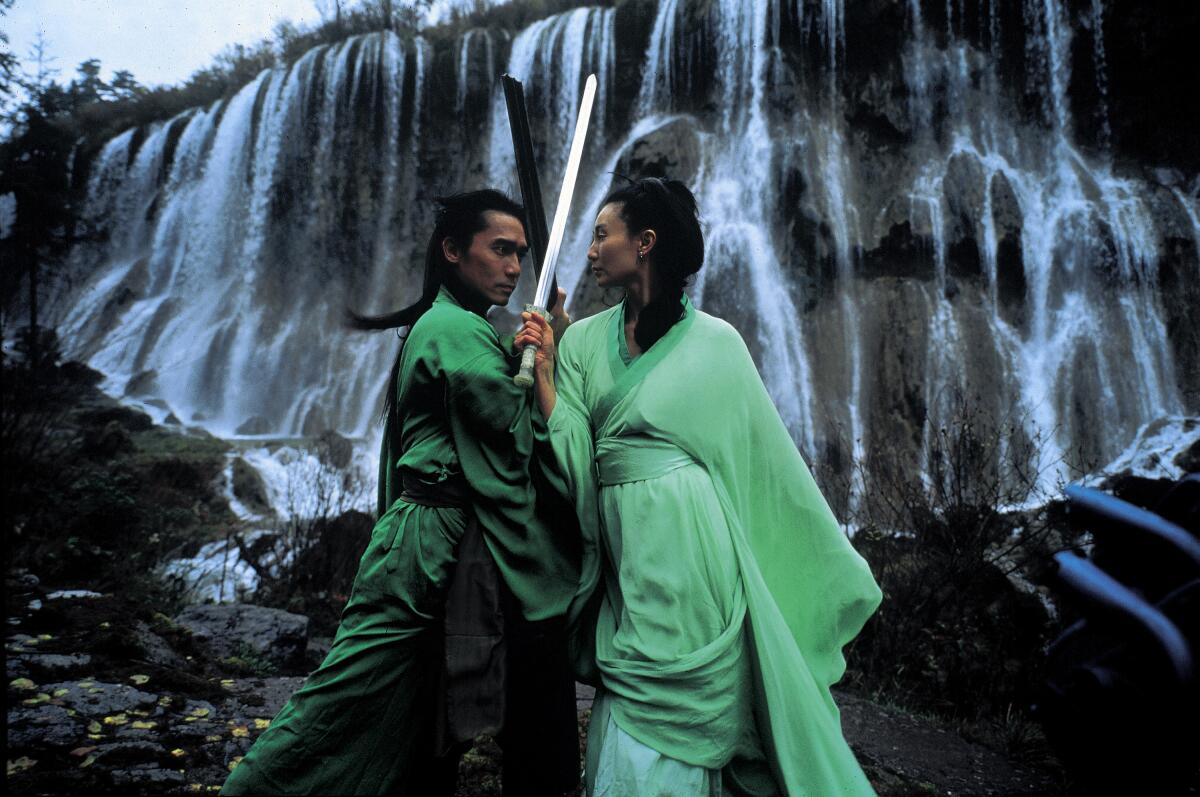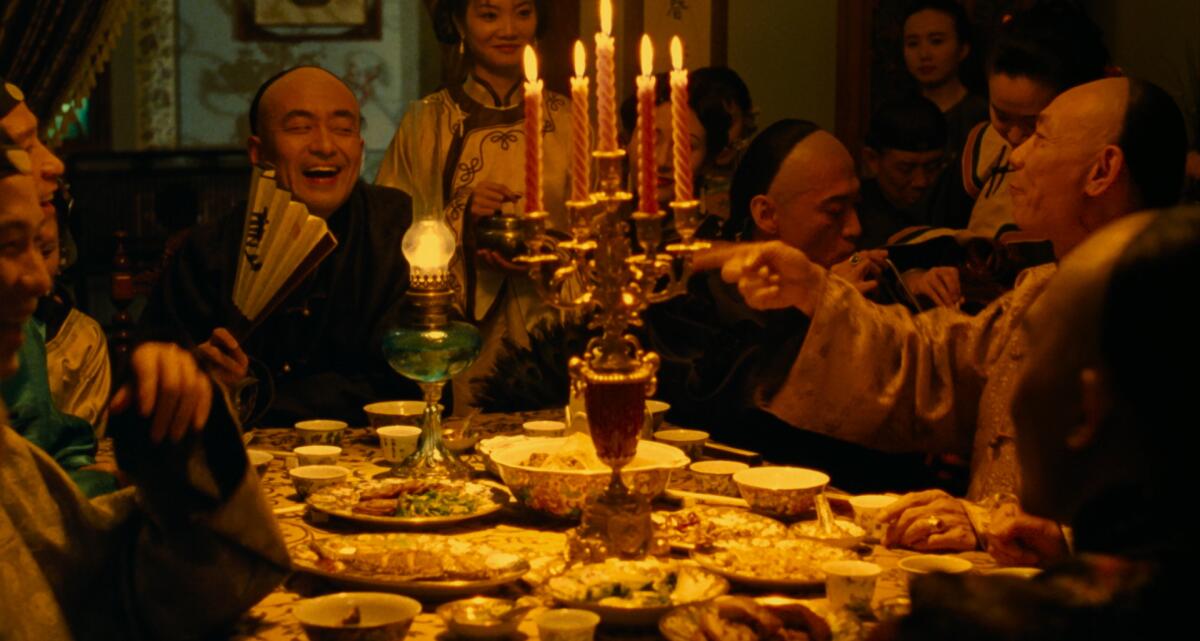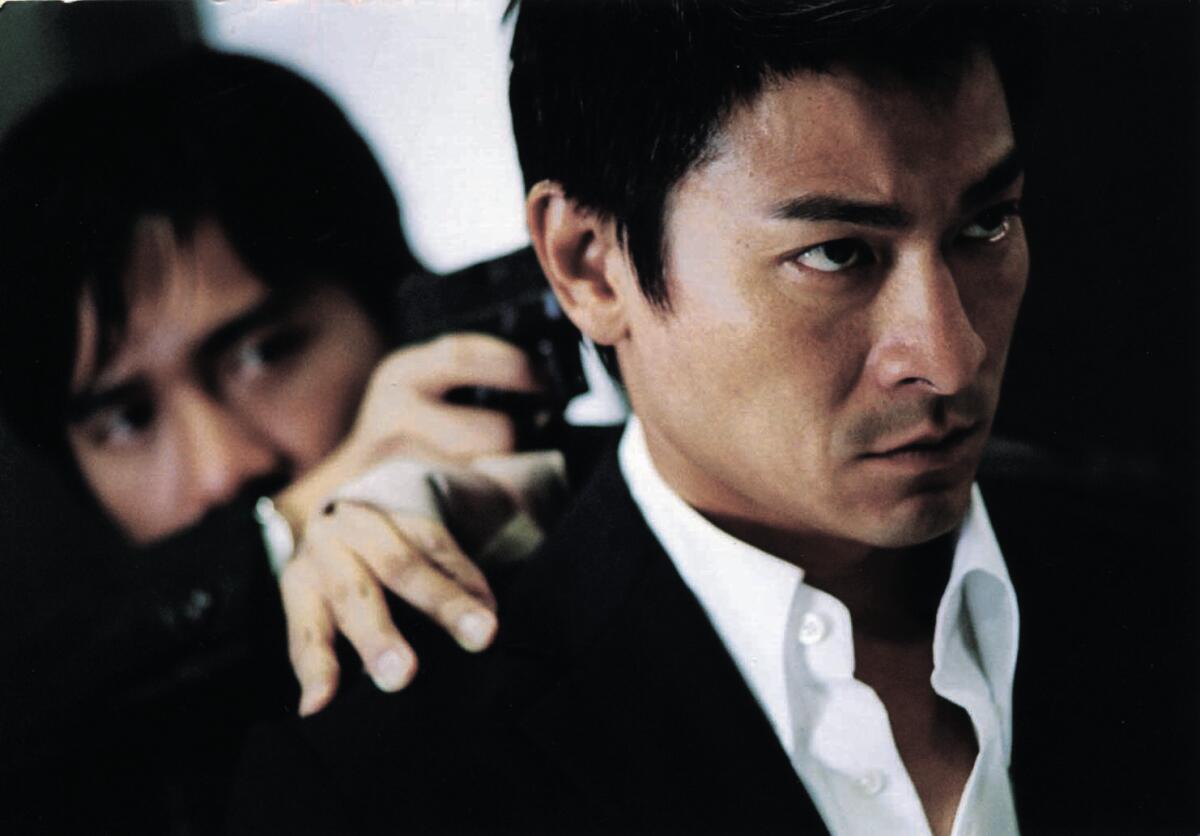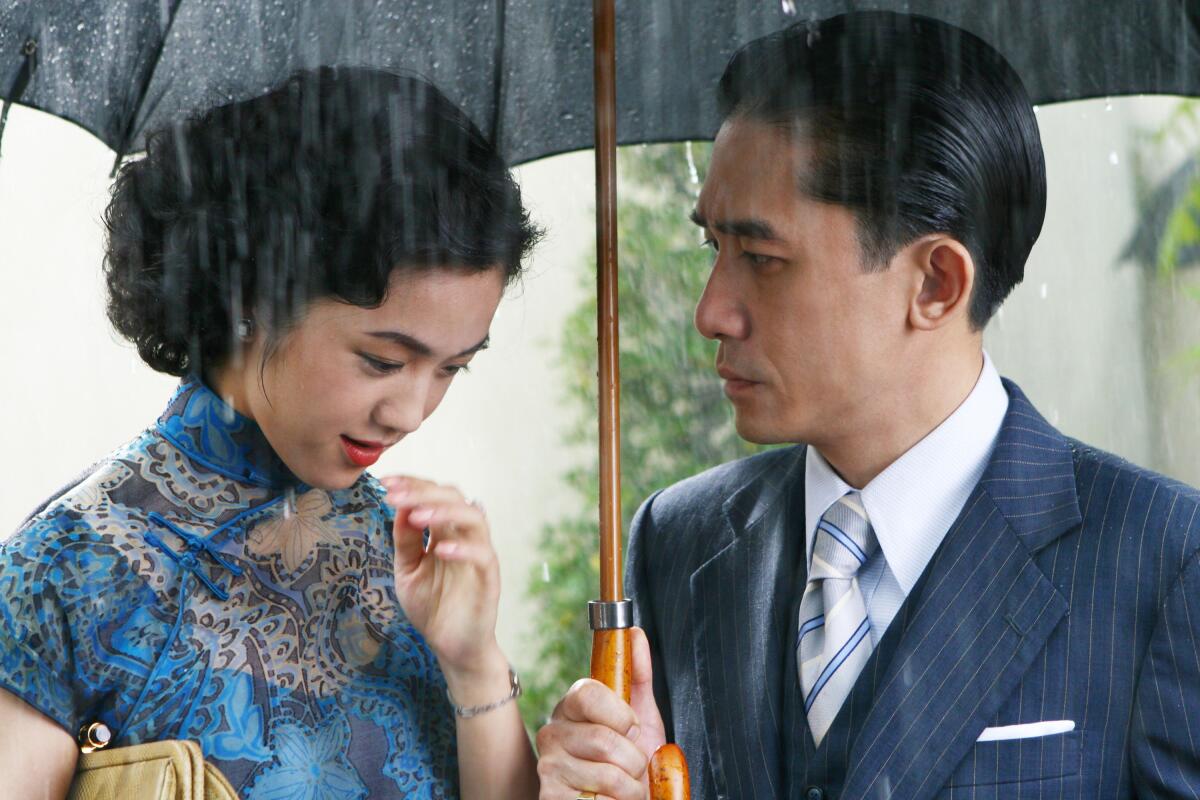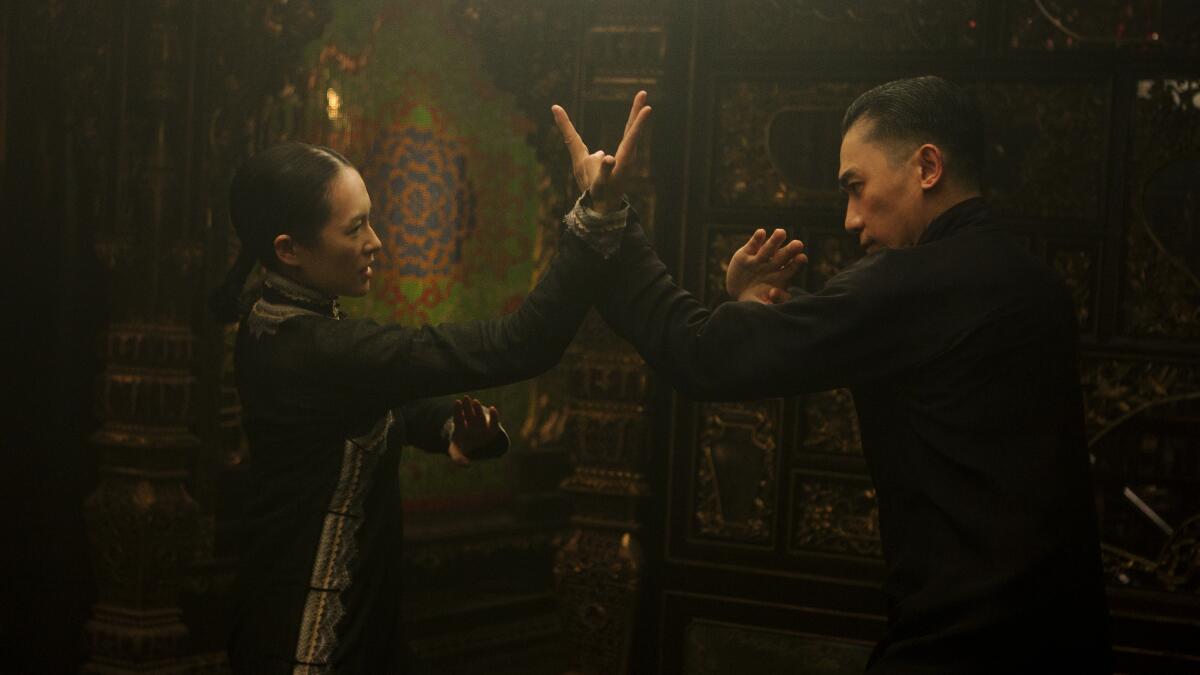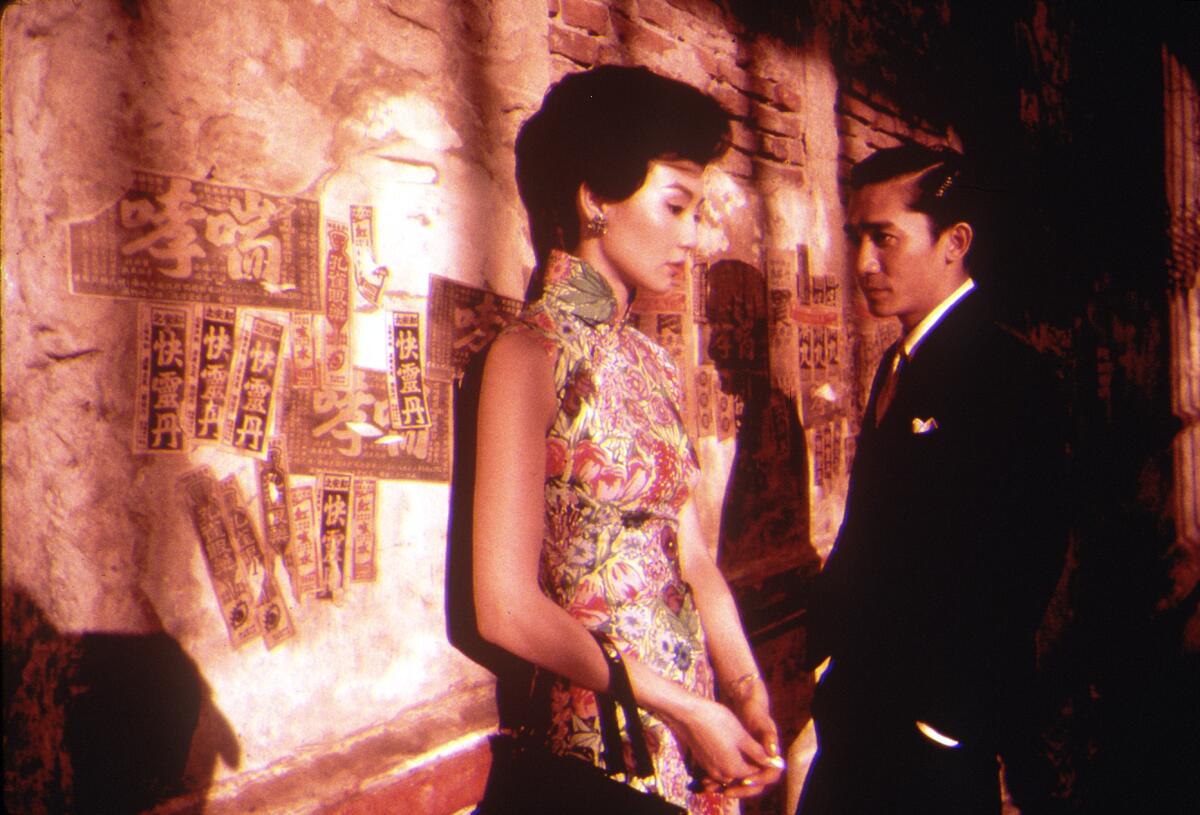In the swooningly beautiful 1990 film âDays of Being Wild,â Tony Leung gets one of the greatest entrances â and exits â ever accorded an actor in a single movie. Remarkably, the entrance and the exit are the same scene.
In the movieâs final moments, the writer-director Wong Kar-wai turns the camera on a character we havenât met yet: a handsome young cardsharp in a low-ceilinged flat, preparing for a night on the town. Who this man is and how he relates to the other characters in this drifty â60s Hong Kong roundelay is a mystery. Still, you can tell a lot about him just from the way he buffs his nails, runs a comb through his hair and casually slips a deck into his pocket. Heâs all slippery elegance and wily charm, someone whose mere presence renders words superfluous. Heâs Tony Leung, in other words.
That quietly heart-stopping introduction/farewell marked the start of something extraordinary. After âDays of Being Wild,â Wong and Leung went on to make six more features together, a hopefully unfinished collaboration that cemented them both as world-cinema titans. (Many of them are available in Criterion Collectionâs lavish Wong Kar-wai box set, which was released earlier this year.)
But if Leung has been Wongâs most steadfast on-screen muse, over the past 40 years heâs racked up credits with no shortage of other noteworthy filmmakers, including Hou Hsiao-hsien, John Woo, Ang Lee, Zhang Yimou and Tran Anh Hung. Heâs played husbands and lovers, gangsters and cops, dynastic warlords and kung fu masters, heroes and villains. Heâs become a sex symbol, a style icon and one of the worldâs biggest movie stars â all without ever appearing in a Hollywood movie.
Until now. Leung (often identified by his full name, Tony Leung Chiu-wai, to avoid confusion with fellow Hong Kong actor Tony Leung Ka-fai), is getting a lot of attention for his work in the new Marvel superhero epic âShang-Chi and the Legend of the Ten Rings.â As Shang-Chiâs estranged father and one of Marvelâs more notorious supervillains, the Mandarin, Leung gives a playful, brooding and ultimately devastating performance thatâs even more resonant â emotionally, aesthetically, iconographically â if youâve seen some of his others.
Here is my extremely non-definitive list of 12 all-time great Leung films and performances, presented in no particular order and as a series of double bills (with links to streaming platforms where you can watch them, although some are available only on DVD). It omits some of my personal favorites and perhaps some of yours. But for those encountering Leung for the first time in âShang-Chi and the Legend of the Ten Ringsâ and eager to see more, all of these should be considered essential viewing.
